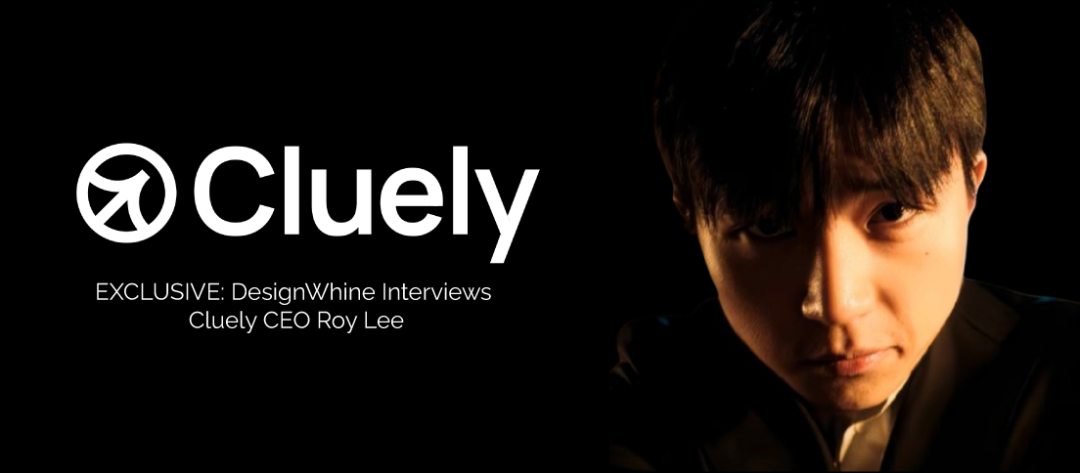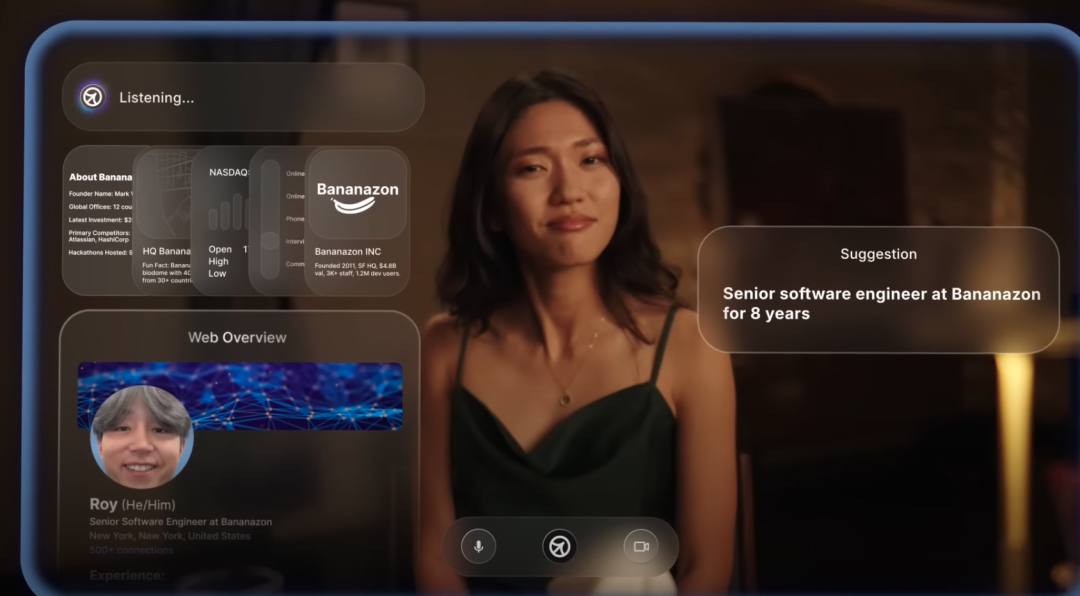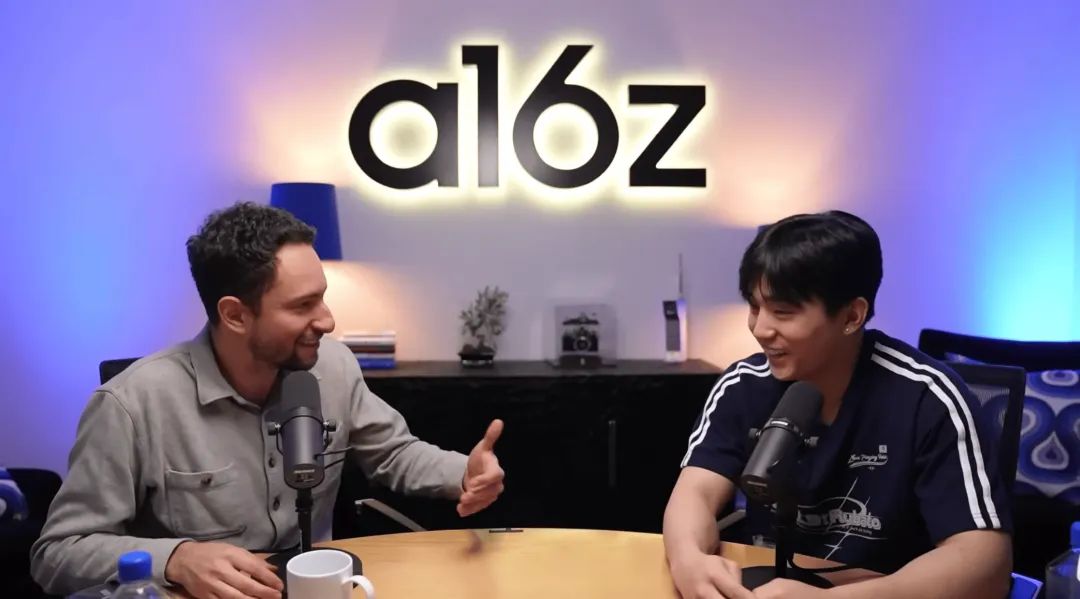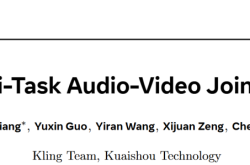"Cheating is the Future": 2000s Kid Roy Lee Raises $100 Million for His Cheating-Assistance Startup
![]() 07/07 2025
07/07 2025
![]() 500
500
While you might still be grappling with optimizing your resume and practicing for interviews, pondering how to secure a raise by changing jobs, a 21-year-old entrepreneur in Silicon Valley has already secured $100 million in funding during a mere 15-minute Zoom meeting.
No business plan, no polished pitch—the venture capitalists on the other end casually listened to the presentation, nodded after 15 minutes, and said, "Okay, we're in."

This Asian prodigy is Roy Lee, the founder of Cluely, an AI company that boldly claims to "let you cheat in every situation." The company's former slogan was even more brazen: "We want to cheat at everything."
It may sound absurd, but this is the reality of the AI era: while some people meticulously memorize rote knowledge, others directly utilize "AI cheats" to excel in interviews, meetings, sales, negotiations, and other crucial scenarios. And this AI cheat is rapidly becoming a multi-million dollar industry.
1. Developing a Cheating Plugin, Getting Fired, and Starting a "Cheating" Business
While studying at Columbia University, Roy Lee created a plugin that provided real-time AI answers during interviews, which he used to successfully secure an internship at Amazon. After being exposed, he was suspended from school and decided to pursue entrepreneurship full-time, founding Cluely and turning "cheating" into a brand identity.

Cluely's functionality is undeniably "practical": it reads your computer's screen and audio, combines the current context, and provides you with real-time "divine assistance"—taking notes silently during meetings, suggesting optimal answers discreetly during interviews, and even advising you on how to impress clients during negotiations...

And no one can tell that you're using it. It operates behind the scenes, allowing you to enjoy a "cheated life."
2. "You Think We're Cheating, but We're Actually Changing the Rules"
Roy Lee is fully aware that the word "Cheat" will attract countless criticisms, but he has chosen to confront the challenge head-on. He has even publicly stated on multiple occasions, "We are redefining cheating."

He argues that if an AI can provide an answer in seconds, why should you waste time memorizing it by rote? Why should you spend hours gathering information, preparing speeches, or taking meeting notes? He believes this is not cheating but a revolution in efficiency and a transformation of work methods.
Of course, some argue that this is unethical. But he counters by asking, who can define the boundaries of "honesty" in an era of information explosion? The advantage lies not with those who know more but with those who know how to quickly access information. And Cluely is helping you "efficiently obtain answers."
3. The Secret of Cluely is Not AI
Do you think the core of Cluely's success is AI? Think again. Its greatest strength lies in its marketing prowess.
Almost all members of its growth team are influencers with tens of thousands of followers each. The company also employs 50 interns who post content on TikTok and Instagram daily, generating buzz by "creating controversy."
Roy Lee explains that in today's era, people no longer watch TV or even YouTube; they scroll through TikTok, Instagram, and other social media platforms. Therefore, working with influencers is more effective than traditional advertising. In the past, it would cost tens of millions to invest in TV ads, but now, finding a creator who can ride trends can easily go viral.
Cluely has even coined this style "Rizz marketing," with the core idea being "brainwashing." The goal is not to make people understand the product but to remember the brand. You can criticize me, but don't forget me.
4. The More Controversy, the Better the Business
Do you think people will avoid such a product? On the contrary, when Cluely just launched its enterprise version, its annual revenue soared from $3 million to $7 million.
Companies scrambled to sign contracts, and even a listed company increased its contract from $1.2 million to $2.5 million within just one week. Why? Because Cluely's AI can record meeting content in real-time, organize key information, and synchronize meeting minutes with an efficiency far surpassing traditional tools.
And Roy Lee's goal is not just to create a plugin. He wants to turn Cluely into the next "ChatGPT," becoming the standard interface for human-AI interaction.
5. Roy Lee's Ambition: Put AI in Your Brain
Yes, this young founder is already envisioning a future version of Cluely—a transparent screen attached to glasses, an AI microphone around your neck, or even an AI chip directly implanted in your brain.
It sounds like science fiction, but a few years ago, we couldn't have imagined using AI to pass interviews or having robots take meeting minutes. Now, these things are already happening.
Roy Lee confidently states, "In five years, no one will be using ChatGPT anymore; everyone will be using Cluely or at least something that looks like Cluely."
The emergence of Cluely is not just the story of an AI startup but a rethinking of the "essence of work." When "cheating" becomes a "default ability" and the way we access information fundamentally changes, should we stick to the old rules or understand the logic behind this change?
You may disagree with Roy Lee, but you can't ignore him. He may not be on the right path to changing the world, but he is indeed walking on a possible future path.
What is your stance on "AI cheating"? Welcome to share your thoughts in the comments section!








